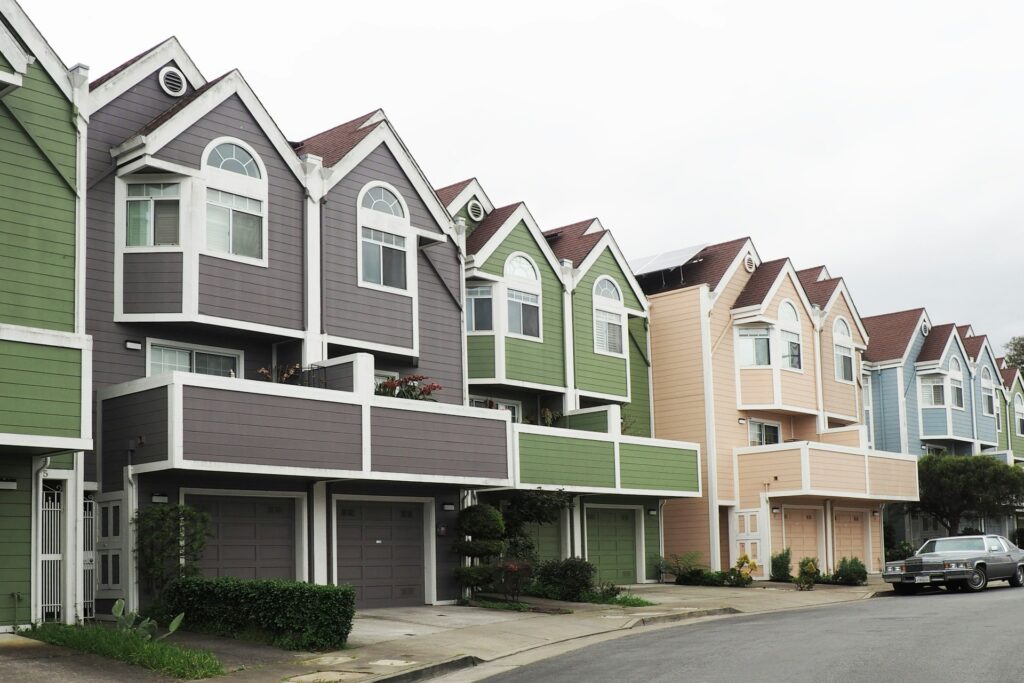
We are reader-supported. When you buy through links on our site, we may earn an affiliate commission.
The United States is filled with bustling cities and beautiful landscapes. While some people spend forever in their hometown, others feel the call to move and explore new locations. If you’re considering changing places, the first step answering one core question: Where should I live?
Of course, we don’t mean to make this sound like an easy decision — uprooting your life rarely is. With the right guide, however, moving can be a more straightforward and exciting step. To help answer “Which city should I live in?,” read on to learn more about what goes into choosing a place to live.
First, take our quiz to find out which city speaks to you:
The Full List of Cities in Our Quiz Results
Not sure if your quiz result really speaks to you? That’s okay, we know personality quizzes aren’t everything.
Take a look at the other results and see if the other recommendations are better fits. Then, read on to learn more about the quiz criteria. That will help you determine all the factors that go into deciding where to live — jobs, cost of living and more — so you are prepared to make the best choice for you.
New York City, NY

Sure, it’s not the most creative dream destination, but there’s a reason NYC is practically a character of its own in coming-of-age stories. Ambitious people like yourself flock to New York every year to seek new opportunities, cultural experiences and a fresh start in the U.S.’ biggest city. Since you’re looking for sky-high experiences, maybe you should join them!
San Francisco, CA

There’s nothing like temperature weather, gorgeous coastal sights and the unique tapestry of cultural experiences that San Francisco offers. Since the rents don’t scare you too much, why not give this city a try? It’s the perfect destination for ambitious professionals and arts enthusiasts. Find a roommate or four and consider moving to San Francisco to start fresh.
Portland, OR

You’re an adventurous soul who’s looking for experiences, and Portland can offer them. This Pacific Northwestern city makes up for overcast skies with its infamous sense of character. It’s a great destination for people looking to balance career opportunities with the best of urban living.
Charlotte, NC

This up-and-coming metro destination strikes the perfect balance between sensible and adventurous. You won’t have to pay sky-high rents (you might even get to buy a home here!) but you’ll still get a bustling job market and a striking food and arts scene for those weekend nights. Plus, heading a little down South means you can enjoy mild winters and plenty of sunshine throughout the year.
Pittsburgh, PA

If you hadn’t heard, Pittsburgh is a city on the up-and-up. Once a struggling steel city, it’s now a major hub for young professionals looking for urban living experiences at suburban prices. You can enjoy some of the lowest rents in any metro area while checking out Pittsburgh’s restaurants, universities, parks and museums — the Heinz History Center, anyone? — getting a ton of bang for your buck. Consider moving to Pittsburgh if you don’t mind some heavy snow once in a while.
Austin, TX

This Texas city is like the state’s oddball nephew, mixing the very best of Texas bravado with a socially liberal and quirky atmosphere that’s drawing young people in. Austin is relatively affordable for a major metro area and boasts impressive food and music scenes for residents who value nightlife. Plus, it’s got a booming job market for an array of industries. If you’re looking to head south, Austin might just be the right city for you.
Omaha, NE

We know what you’re thinking — Nebraska? But Omaha’s a bustling metro area that’s criminally underrated.
Omaha features some of the lowest rents of any U.S. city, meaning young professionals can secure a great apartment — or even a home — at a reasonable price. At the same time, you can enoy a city well-known for its budding culinary hub and craft beer scene.
Omaha has plenty of activities, a laid-back atmosphere and plenty of career opportunities that won’t make you scrounge for rent money each month. We think it might just be the fit for you if you bring a parka along.
Boston, MA

You’re an ambitious person with a soft spot for the classic New England aesthetic. Is it any surprise Boston should be high up on your list? Sure, you’ll have to pay an arm and a leg for rent. But Boston boasts some of the highest salary potential in the country for certain job markets.
It’s also loaded with cultural and historical significance, giving you plenty of adventures to pursue on your days off. Consider packing up and moving to Boston if you’re looking to turn over a new lead in a very old city.
Minneapolis, MN
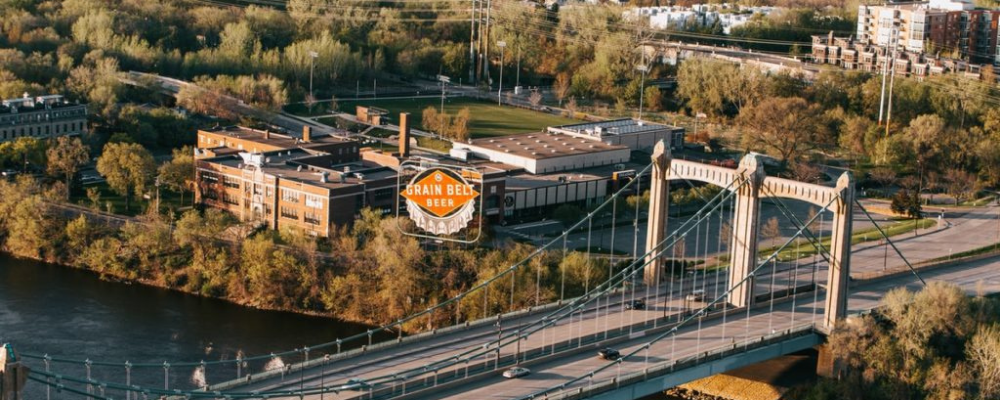
Minneapolis is a wintery wonderland for the right person — and we think that might be you! The Twin Cities offer urban living experiences at low prices, letting young people get the most out of their paychecks each month.
It’s a great city for striking a balance between affordability and adventure. Plus, it’s got a growing food scene, lots of cultural opportunities and all the winter sports you could want. We recommend checking Minneapolis out the next time you’re on the move.
Nashville, TN

You might have heard that Nashville is quickly becoming a hot destination for young people. That’s because it’s got just the right mix — affordable living and a unique, exciting energy.
Nashville residents can enjoy the city’s famous music scene, fantastic barbecue and plenty of nightlife. They can also pursue career opportunities in a wide range of industries. If you’re looking for more Southern living and don’t want to scrounge for rent money each month, you should move to Nashville.
Our Where Should I Live? Quiz Criteria
So what are these quiz results based on, anyway?
We broke down the quiz criteria for you based on a variety of financial, social and lifestyle factors. Some of these may be very important to you, while others may not. Feel free to dive deep into certain sections and skim past others:
- Look Into Job Opportunities
- Consider Cost of Living
- Cars vs. Public Transportation
- Proximity to Friends and Family
- Big City Life vs. Rural Life
- Arts, Culture and Entertainment
- Weather Patterns
- Settling Down for the Future
1. Job Opportunities

For now, at least, location matters for most peoples’ career prospects. In 2020, as the COVID-19 pandemic took full grip on the U.S., 5 million employees reported working from home. The popularity of telecommuting is only likely to grow in business and office-based settings where employees can complete work offsite. Right now, however, that’s only a reality for 3.6% of the American workforce.
This means you’re probably still going to need to weigh career options as you try to find your perfect city — unless you’re already committed to remote work. This is why researching your job field is step #1 in our analysis of how to find the best city for you.
A quick search online will allow you to pinpoint the areas which are best for your job industry. Alternatively, you could look at cities you’re interested in and research the work opportunities in that specific location. Try digging into LinkedIn searches or industry-specific listings sites to gauge availability.
Besides analyzing the number of available positions, you should research the area where most of these businesses are located. Is there nearby housing available in your price range, or will you have a long commute?
Answering these questions before you become attached to a location will help you narrow the possibilities without too much heartache.

Learn More:
The best-case scenario is that you find a few cities which look great, have affordable housing and a wide variety of job opportunities. However, before you click off of the Internet, you should compare the average salary for each location. Understanding how much you could earn annually will allow you to calculate how your lifestyle might change based on the standard living costs.
2. Cost of Living
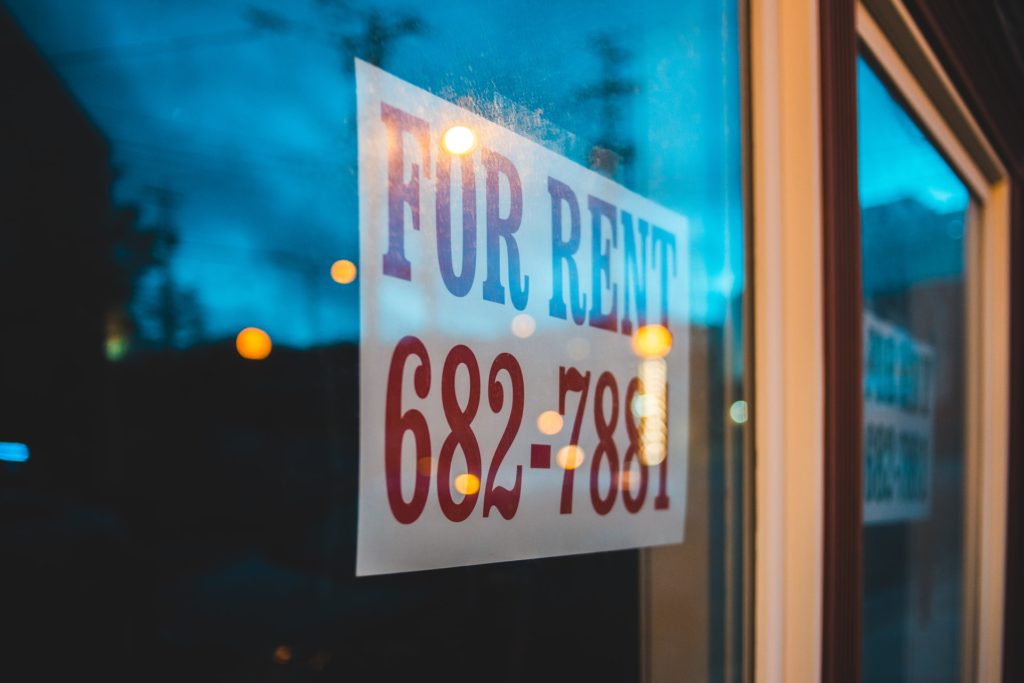
The cost of living can vary significantly between states. Even the towns and cities within each state can have vastly different expenses. If you’re moving to a region you’re less familiar with, take time to look up average rent prices and compare them to your current location.
One way to get a feel for cost of living is to research the most affordable cities in the United States along with the most expensive. This approach works if you have a limited income and are open to moving to any state.
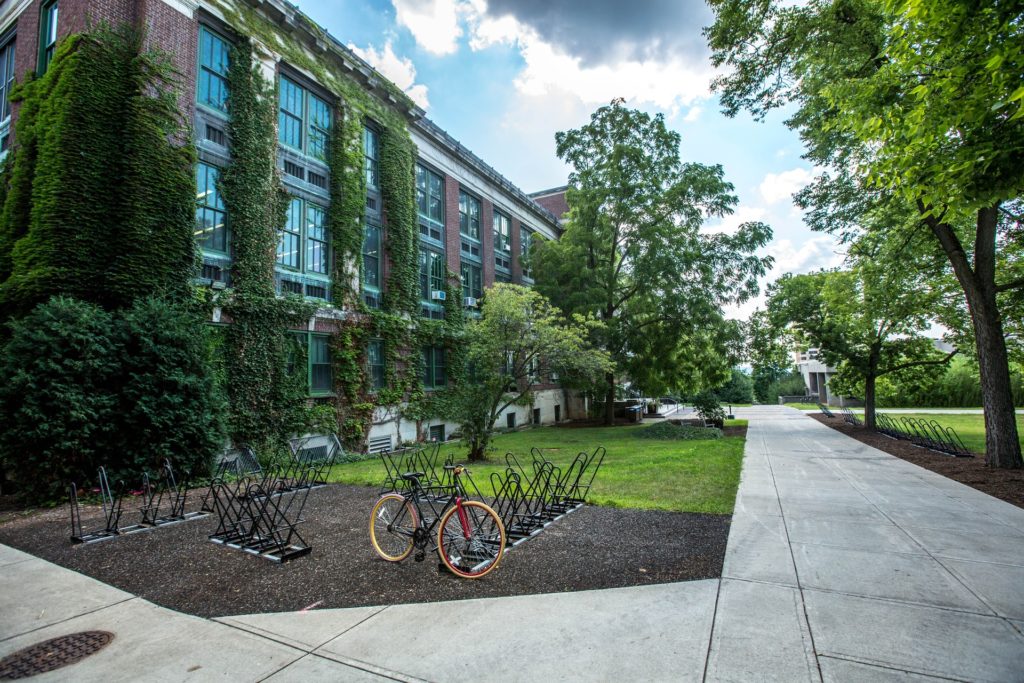
Learn More:
If you are interested in a specific city, you can look up a cost of living comparison online. These sites compare your current location to your ideal location and alert you to the differences in cost. It’s essential to evaluate more than rent and housing expenses. You should also consider healthcare costs, food expenses and even entertainment prices.
To determine how much these differences will impact your lifestyle, take a look at your current budget. How much do you spend each month? Making a spreadsheet comparing your local prices to those of the cities you’re choosing between will provide you with a more accurate assessment to find your perfect city than going off national standards.
For instance, the average American might spend $160 on clothing each month, but if you rarely shop, the difference in sales tax per state will have a smaller impact on your life. The same applies to other areas of life — like, as we’re about to jump into, entertainment and transportation.
3. Cars vs. Public Transportation

Do you want to own a car, or do you want rely on public transportation to traverse your new city? This preference will have a big impact on where you decide to live. Unless you plan to walk or bike to work every day, you’ll need to budget for car and gas expenses or a pass for public transportation.
The sad reality is, the U.S. is well-known to have a historic lack of investment in public transit. For decades, growing hubs around the country developed to depend on highways and cars — and today, about 76% of Americans drive to work on their own.
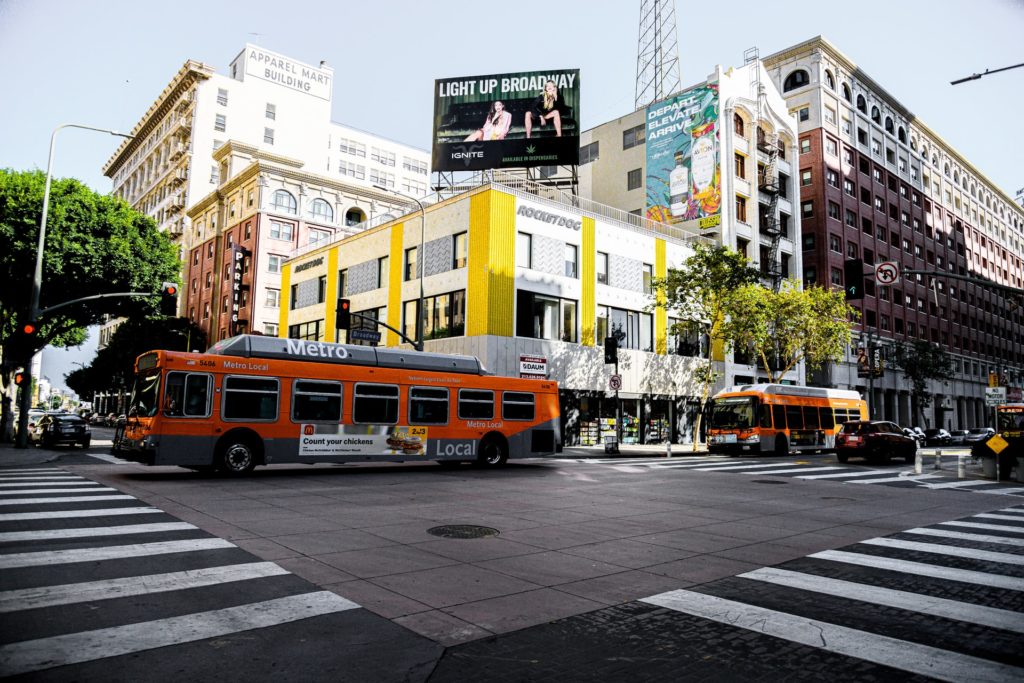
Learn More:
Some cities have better transportation systems than others — so again, research and your personal preferences will be key. Remember, even if public transportation is available, it may not be accessible from your house or work. You’ll need to determine which residential areas are reasonably located near bus stops or subway stations so you can get around throughout the year.
If you stick with a car, you’ll need to evaluate your average commute time to determine what life in a new city will look like. While it’s unlikely you know the exact location where you’d live, you can at least compare compute times from the business district or entertainment area to popular residential neighborhoods.

Learn More:
If you’re expecting a short commute and discover you’ll need to be driving for double or triple your estimated time, it may help you to narrow your selection. Alternatively, it may force you to consider a more fuel-efficient vehicle or saving for a property closer to town.
4. Friends and Family

People say that home is wherever the heart is because they feel most content around those they love. That’s why many people choose to live close to friends and family. When you determine which city you should live in, figure out how important this proximity is to you.
While this might mean living in the same state or town, it could also represent a prioritization of family visits. If you’re evaluating several states or cities, you can check to see if they have nearby airports or railway stations that are easily accessible.
You can also check to see how far the drive is to go and visit. Some states — especially in the New England area — are small enough to travel between for quick weekend visits.
Don’t be afraid to ask for your loved ones’ opinion on your move. They may very well understand your desire to take a big step, even if it means moving farther away. Communicating plans to visit and looking up travel options together can help this decision feel less intimidating.
5. Big City Life vs. Rural Life

Sure, we’re looking at different cities, but American cities still have diverse settings. There are dense, urban metropolises like Chicago and New York, and there are more rural hubs like Tulsa, which have large populations but are situated in less-developed, more rural regions.
This really comes down to what you like in a location. There are advantages and disadvantages to both settings, so you’ll need to think about your personal preferences and priorities to make a decision.
Dense cities typically have more activity to offer — greater job opportunities, more connected transit and an abundance of entertainment options. However, those benefits usually come with less personal space and a higher cost of living.
Some people love a fast-paced environment with things to keep them busy, while others prefer a slower, more relaxed setting. Big city life can also correlate with higher prices and demand for space grows. If you choose to live in a city, you should expect less space and rising expenses.
In comparison to major urban centers, rural settings are often considered low-stress environments. They have smaller populations, which means more space and less pollution. Yet, while country life may sound nice, there will be relatively fewer job and entertainment options. Only you can decide what pace and setting will work best for you and your family.
6. Arts, Culture and Entertainment

Life needs to balance work and play, so it’s crucial to think about the arts, culture, and entertainment options when considering which city you should live in.
Before you become wowed by the number of museums or the impressive sports scene, think about the hobbies and entertainment that excite you. Living in a foodie destination may sound cool, but if you’re not big on restaurant-hopping, that entertainment form probably shouldn’t be too high on your priority list.
To make things simple, decide what’s most important to you. If you’ve narrowed your cities based on previous criteria like job opportunities and cost of living, it’s time to make a list of your favorite interests. Do you like to shop, watch sports or go dancing? After you’ve decided on your top priorities, you can evaluate what city seems to be the best match.
Compromise is a part of life, so it’s OK if there isn’t an exact match. If you find a few cultural interests in each place, you know you’re on the right track.
Remember, online searches only get you so far when it comes to evaluating a social scene. Try joining an online community group to get insider views on cultural and social activities. These groups are also a terrific way to meet new people if you decide to move to that location.
7. Weather Patterns

Your weather preferences can make-or-break a new location for you. Various locations across the U.S. experience severe forest fires, droughts, tornadoes, hurricanes, snowstorms and flooding. While it’s not fun to think about, it will influence your lifestyle and insurance needs.
Besides researching what’s standard in each area, you should also look up how extreme weather patterns force you to adapt. Earthquakes may be common for people in California, but it can be quite a shocking experience for everyone else. Tornadoes in the Midwest or heat waves in the Southwest might not work for you, either.
Likewise, massive snowstorms are common for residents in northern states but are a significant change for southerners who are not prepared to shovel, drive in poor weather conditions and embrace below zero temperatures. These changes can have even more severe consequences for those with allergies or health conditions like asthma and cold urticaria.
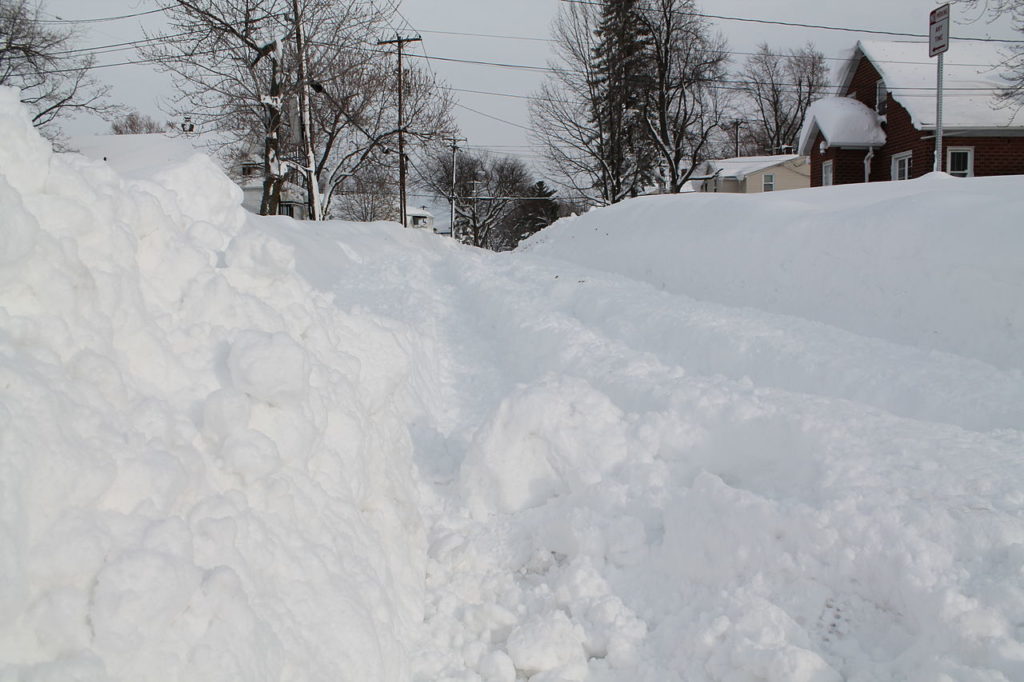
Learn More:
While weather patterns shouldn’t act as the only criteria, they can help you rule out locations. Even temperatures can indicate the lifestyle you’ll have in each area. If you’ve fallen in love with a city and the only let-down is the weather, remember that you can always take a vacation to nicer climates for a change of scenery.
8. Settling Down for the Future

Finally, it’s time to take stock of what you want out of life. We’re not saying you need to have these plans set in concrete. It’s always worthwhile to consider the future, even if it ends up being pretty open to change.
One big consideration for some people is their family plans. Planning to settle down and have kids will shape where you should live. If you’re stuck between two cities and one has a better school system, this could be the better choice if you intend to have kids in the near future.
While you might not have everything figured out, even a generalized five-year plan can help. Of course, this doesn’t just come down to family — it might include other goals like going back to school or traveling. Maybe you want to move to a city with a ton of universities. Maybe it’s important to live where rent is low so you can add to your travel fund over time.
The key is anticipating these needs and deciding which city will fit them best. Think about each of these goals and try finding a person who has achieved the outcome you desire. Speaking with them may give you some surprising insight into why they chose the life experiences they did.
How Do People Decide Where to Live?
There are a lot of factors that influence how you decide where to live. We decided to survey adults in the US to find out what they think is the most important factor in choosing where to live. Here are the results:

As you can see, cost of living and job opportunities play the most important role in choosing where to live for most people. 28.4% of participants chose cost of living as the deciding factor for where to move, and 27.83% of respondents chose job opportunities. So when choosing where to move, pay close attention to what job opportunities are available in your industry in these cities, and how the cost of living compares with your current location.
If you agree that cost of living is the most important factor for choosing where to live, Nashville, Minneapolis, and Omaha are great choices for you! In addition, Boston, Austin, and Charlotte boast strong job markets with jobs available in a variety of industries.
Quiz: How to Decide Where You Should Live
Wondering how to find the best city for you? It’s much easier to narrow down your ideal city when you analyze these eight features. However, online research and discussion can only get you so far, so it’s worth planning a visit to each place.
Visit your favorite options if you can! You can schedule these as short vacations or wait until you have a job interview in the state. Potential employers may even pay for your plane ticket and hotel room in some situations.
Ultimately, you’re the person who must decide what area works best. Lists and statistics will give you the base knowledge you need to narrow your options. From there, you should rely on gut instinct.





